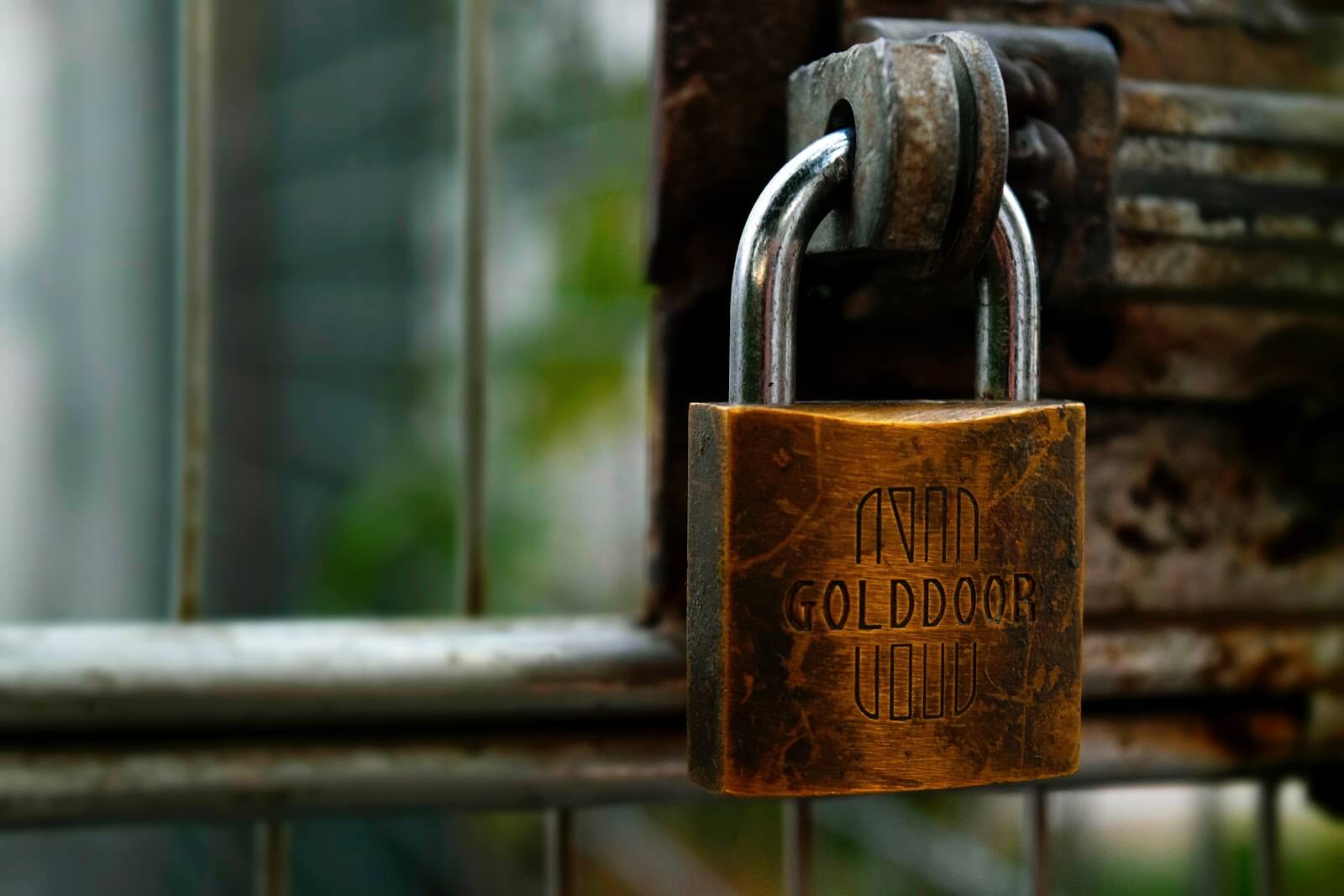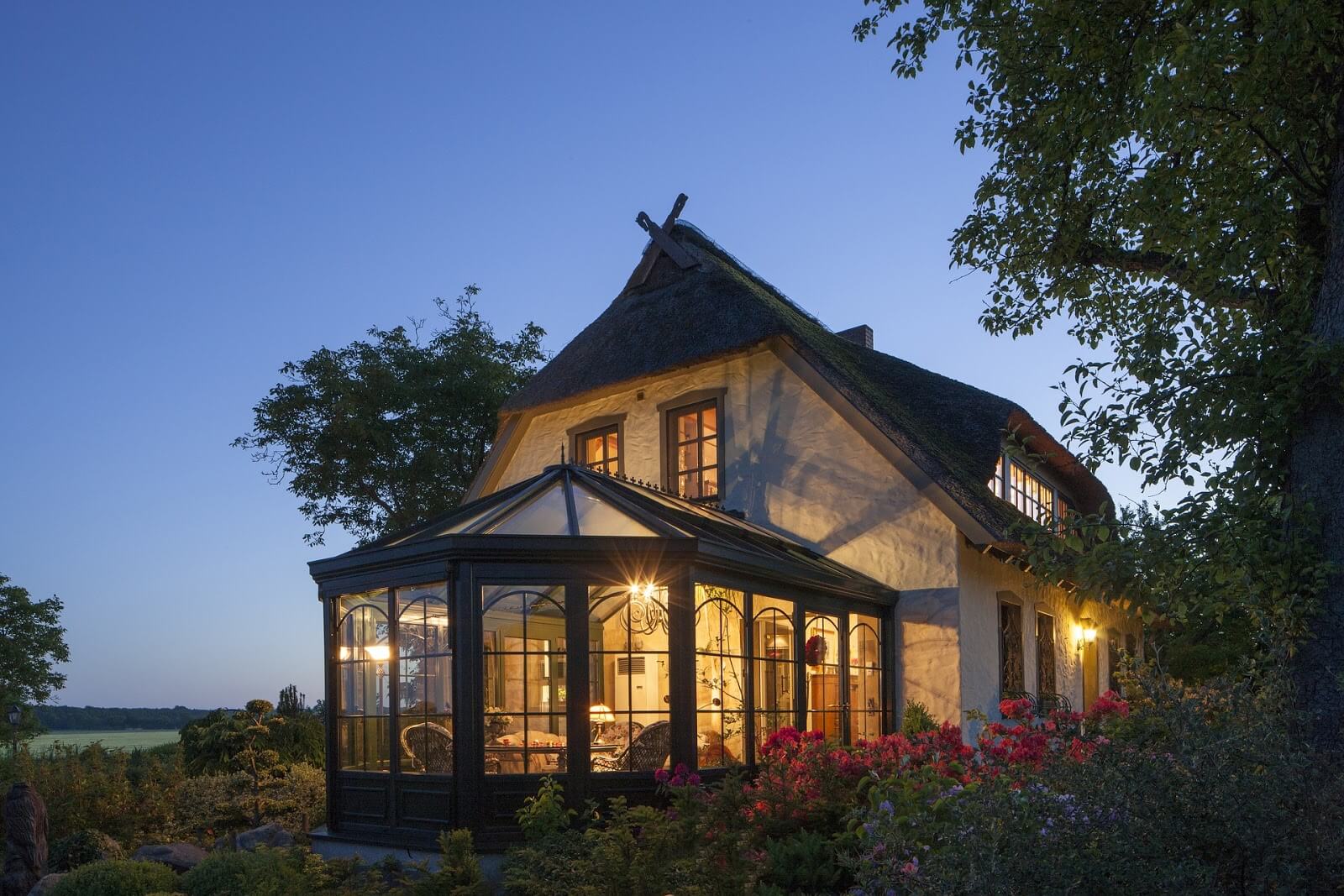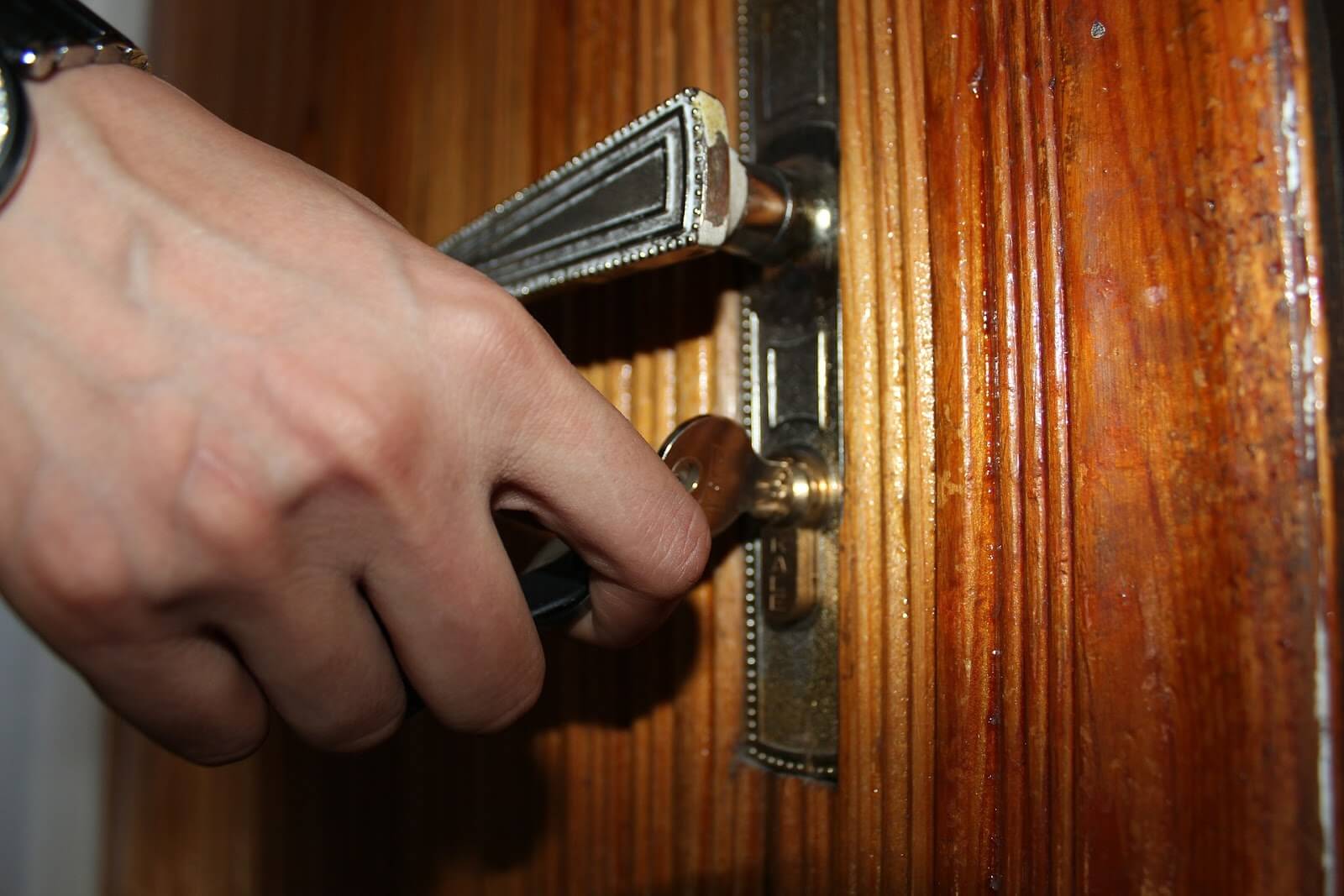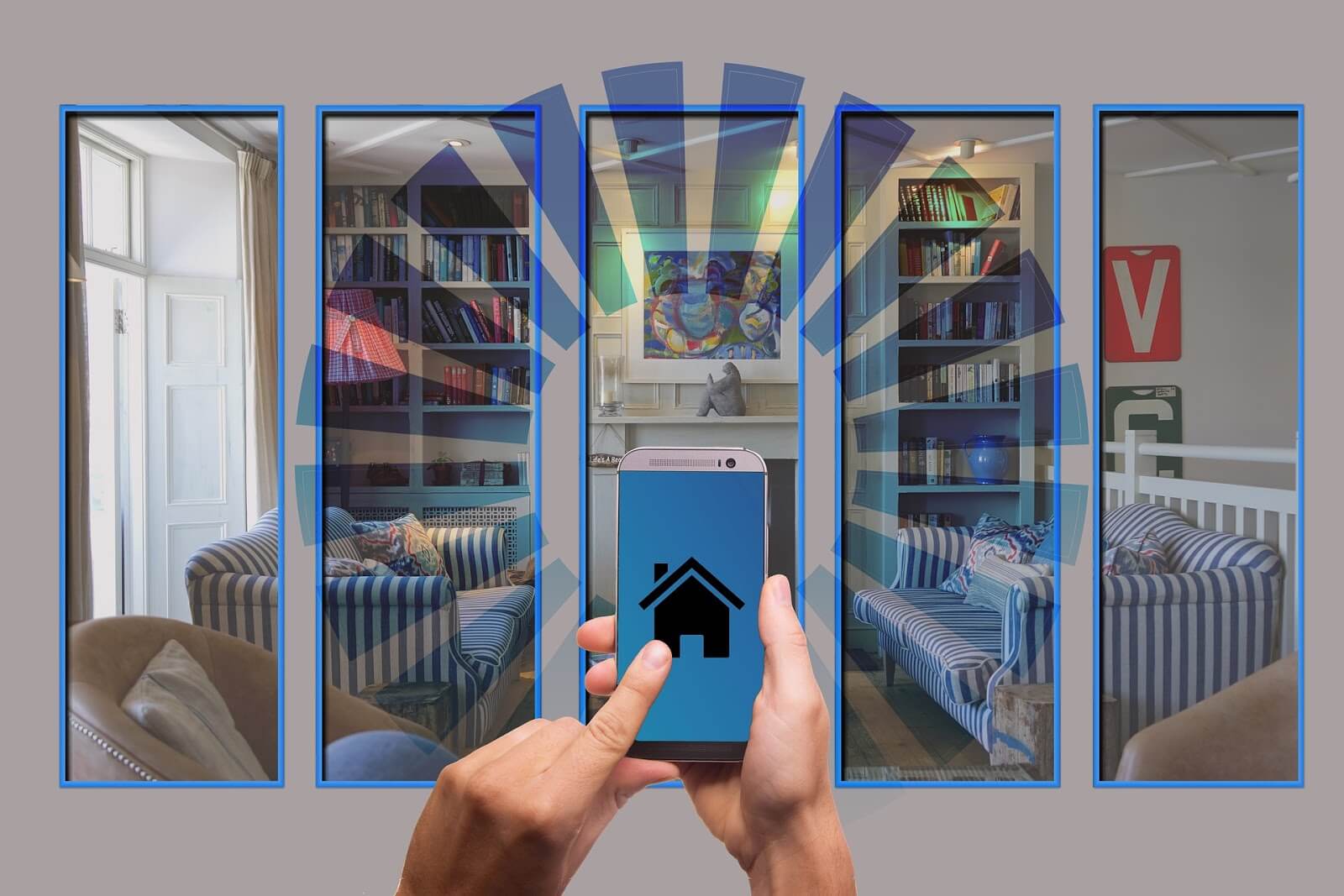
According to Africa Check, an average of 625 houses are burgled per day in South Africa. These stats are a little daunting, so it is paramount that you take steps to protect your home; whether they’re simple or sophisticated.
It is also a great idea to have home insurance, if you don’t already, so you can claim back anything broken or stolen in the event of your house being broken into. As these helpful tips will show too, utilising a lot of home security improvements can significantly lower any home insurance or contents insurance costs too. Even though you have insurance there are loads of other things you can do to prevent burglars from entering your home in the first place.
There are plenty of small tips to keep in mind, such as always remembering to lock side or back gates and keeping your key out of locks when not using them, but for the security savvy folk looking for some more proactive tips, we’ve got you covered.
These top tips from Doors Direct can help you secure your home whilst still being covered by home insurance.
Image courtesy of TrustyJoe.com
1. Always set your house alarm.
If you’re serious about stopping thieves, you might want to install an alarm system. This will provide a deterrent to criminals and could also reduce the cost of your home insurance. An important thing to note is that your alarm needs to be activated to avoid invalidating your insurance policy.
The most effective way to use an alarm is to set it whenever you leave the house and before you go to bed and to remember that, like any kind of security system, it’s important to remember to regularly change the password. This is especially true of new security systems; remember to update and personalise your system by changing the default code/password.
2. Update your door locks.
Did you know that having certain types of approved locks can reduce the cost of your home insurance? That’s because they are safe and more likely to prevent criminals from entering your home. This is a two-birds-one-stone kind of deal, as you get to increase the security of your home whilst lowering any insurance costs.
A lot of burglars have developed methods to bypass the typical old lock systems. Therefore it is really important to make sure you have modern locks; and even better to get insurer approved locks. Be sure to research which locks are insurer approved, after all; when it comes to home security it’s best to be on the safe side.
3. Don’t forget the windows!
The same notion applies to your windows - if you can find super secure insurer approved windows, this will most likely bring your insurance premium price down. There’s also the obvious advantage of ensuring that one of the most appealing entrances for a burglar is secured.
Also, I know it’s fairly easy to remember to lock your windows when you leave the house, however, you must lock them at night. Even in the warmer summer nights. Any open window at night provides an easy opportunity for criminals.

4. Consider using smart lighting.
Most burglars prefer to take their opportunity when it’s dark. Something like motion sensor lighting will alert you and your neighbours that someone is approaching your property. Sometimes something even as little as this can be enough to put them off, and if nothing else it keeps the rest of the neighbourhood aware of people skulking around at night.
Another option is to buy automated lighting that comes on at intervals when you’re not around. This is particularly handy for when you’re on holiday as it will make it look like you are still at home; a huge point in itself that will be addressed later.
5. Be smart with your keys.
It’s not uncommon for us to leave spare keys around the exterior of the house. After all, we’re all susceptible to forgetting our keys from time to time and leaving a spare key under a doormat or plant pot can help make things easier when others are looking after your house; but it’s vital to remember that these tricks are common knowledge.
Any burglars scoping out your home will most likely check around these common areas, as to break into your house with your own spare key, so if you need to keep a spare key outside be sure to think outside the box. Remember, in many cases where a burglar has entered this way, that is, not via forced entry, insurers won’t payout on a claim.
6. Trust the professionals.
No matter how keen you are at DIY, nor how proficient you believe you are in dealing with your own home security, it’s always important to remember a little humility and consult with professionals when it comes to any home security improvements.
It might save you money in the short-term to fix or install a lock yourself, but in the long-run, your craftsmanship may not cut the mustard compared to a hired professional. According to a study by Aviva, over a third of people surveyed admitted that their own attempts resulted in a ’DIY disaster’, with over half of these people having to call in professional help to right these wrongs.

7. Invest in additional locks.
It goes without saying that more secure locks on your doors will help keep your home safe, but there are often entrances that are overlooked. Much like windows, giving your conservatory or patio doors a little extra reinforcement can really go a long way.
By utilising the likes of a Patlock not only can you make it harder to burglars to break in via glass doors, but you can also send a clearer message with them. It’s hard to ignore a large, bulky, steering-lock style lock on the other side of a glass door, so showcasing these types of lock can often act as a great deterrent.
8. Remember not to neglect the letterbox.
Much like the preventative measures you can take with locks, letterboxes can also be reinforced. Letterbox guards prevent intruders from ‘key fishing’, which is when burglars stick a hook through conventional letterboxes to grab any keys that might be kept by the door.
Of course, by ensuring that your keys are out of reach and not positioned close to the door, you can prevent these attempts completely, yet letterbox guards provide additional benefits. An example of such is helping to lower insurance costs, as they show your insurer that you’re willing to take extra steps for your security.
9. Make your doorbell modern.
The digital age is approaching every element of home security, including the likes of doorbells. By installing a digital door viewer you can both see any people approaching your door as well as save recordings, often through the use of apps so that you can ensure your home’s safety even when you’re away.
Seeing these tech boosts to your door may serve as a deterrent in their own right as well, as it sends a clear message to any would-be burglars that you’re serious about keeping your home safe. If the worst happens and you are burgled, then these devices will be incredibly helpful in finding the suspects too.
10. Cover yourself when you’re away.
It’s natural to feel a little nervous when leaving your home unguarded for a long period of time; whether it’s a week away on holiday or family calls you away for a month. It’s best to recruit the help of a good friend or family member to hold down the fort while you’re gone, but for those who can’t enlist such a luxury, there are ways to make your home look more lived in and less of a target.
Burglars will see an empty home, especially one that’s been empty for a while, as a very alluring prospect, so be sure to keep everyone in the loop (such as milkmen, newspaper deliveries, etc) as to not inadvertently advertise the fact that no one’s been picking up the mail for a while. If nothing else, asking a neighbour or a friend to pop in from time to time helps to avoid these issues.
11. Lock it down with a safe.
Safes may conjure the image of crown jewels or bearer bonds being stored away, but in reality, keeping them around the home for any items of value can be incredibly helpful. Whether it’s storing certain electronics, important documents like passports or just having them around for peace of mind.
Letting your insurance providers know about safes can also help to lower those rates, which is always good, but most importantly if the worst happens and your home is broken into those safes will start paying for themselves. Unlike in the movies, burglars probably aren’t going to see safes as challenges; they’d probably bypass them for easier pickings. Of course, this isn’t great if they take the TV, but if you’re keeping the likes of jewellery away in a safe then hey, it could have been worse.
12. Invest in CCTV.
Finally, this step may seem a little extreme, but given how common CCTV is becoming in homes nowadays it’s not too drastic an action to consider. By having professionals install insurer approved monitoring systems you’ll be able to remotely view your home and keep it safe, and should anything begin to go awry these systems will guarantee a police response.
Some may make use of ‘fake CCTV cameras’, opting to use paper tigers as scare tactics, but these superficial solutions fall apart pretty quickly in the event of a brave burglar prowling around the neighbourhood. The best deterrent is a genuine CCTV system, after all.

